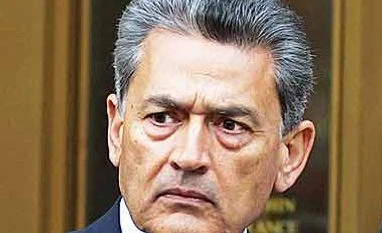He said industries today "have to constantly move with innovation" as basic IT work gets automated and advanced innovations such as artificial intelligence, virtual reality and cloud computing overtake the technological world.
"Code writing and testing is the most inefficient industry that existed," he said at a panel discussion here yesterday organised by the New York Tri-State chapter of Pratham USA, one of the largest non-governmental organisations.
More From This Section
"The Indian IT industry is in panic and rightly should be because technology is overtaking them and they haven't invested in it," Gupta said.
Gupta, who was a former director at Goldman Sachs, was sentenced to two years in prison after being convicted of insider trading charges. A free man now, Gupta has been gradually re-entering the social and philanthropic world.
Last year, he took the role of Chairman of WHEELS Global Foundation, a US-based non-profit started by IIT alumni that focuses on applying technology to uplift rural communities and provide technological solutions to global challenges.
Experts are warning of prolonged layoffs in the Indian IT sector as digitisation and automation become the new normal and a wave of protectionism in major markets like the US, Singapore, Australia and New Zealand closes the door for IT engineers from India.
Gupta said there is urgent need for "revolution in education" where imparting knowledge has to move from being in lecture mode to being more interactive, digital and participatory.
"A fundamental revolution in education needs to be taking place," he said.
He also voiced concern at the huge youth unemployment in India and other major countries.
"India needs to create 20 million jobs a year and it is no way near that. Most of our skilling efforts in India are failures because certain elements are not built into it. It becomes a government scheme. Are (the youth) really skilled when they come out. No," he said.
On the recent increase in hate crimes targeting Indian- Americans, Gupta said there has to be heightened awareness among the community through educational programs about their rights.
The Indian-American community, unlike other minority communities, also does not have a legal defence fund that can be used to bring cases and prosecute those responsible for such crimes.
)